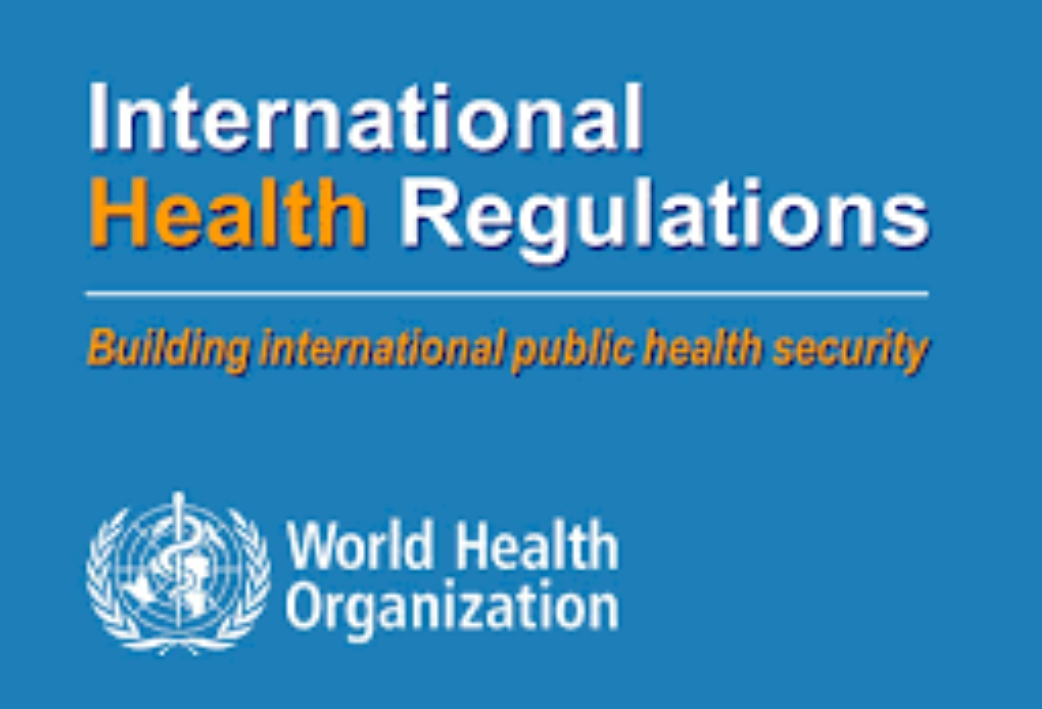WHO Amendments to International Health Regulations (2005)
Recently, the World Health Organization (WHO) announced that its member states were close to agreeing on a package of amendments to the International Health Regulations (2005) aimed at better preparing the world for future public health emergencies.
About International Health Regulations (IHR)
The International Health Regulations (IHR) is a legally binding agreement among 196 countries, including all WHO member states, to work together to prevent and respond to global health threats.
- Adopted: First adopted in 1969, revised in 2005
- Purpose: To prevent, protect against, control, and respond to the international spread of disease
- Scope: Covers a wide range of public health emergencies, including infectious diseases, chemical agents, and radioactive materials
- Obligations: Countries must report certain disease outbreaks and public health events to WHO
- Capacity building: Requires countries to strengthen their public health capacities
- Emergency Committee: Advises the WHO Director-General on declaring a Public Health Emergency of International Concern (PHEIC)
The COVID-19 pandemic exposed some weaknesses in the current IHR, prompting countries to propose amendments.
Key Proposed Amendments
The package of amendments being considered includes measures to:
- Enhance early warning and detection systems for potential health threats
- Strengthen human resource capacity to respond to emergencies
- Increase financial preparedness for outbreaks
- Improve information sharing and collaboration between countries
- The goal is to make the IHR more “fit for purpose” in an interconnected world facing complex health risks.
Negotiation Process
- The Working Group on Amendments to the IHR (WGIHR) has been meeting since 2022 to discuss proposed changes.
- The 8th meeting of the WGIHR, held from April 22-27, 2024, made substantial progress toward finalizing the amendments.
- A final session will be held May 16-17 to complete the package before submitting it to the World Health Assembly in late May.
- If adopted, the amendments would come into force for all IHR parties after a set period, except for countries that formally reject them.
About World Health Organization
The World Health Organization (WHO) is a specialized agency of the United Nations responsible for international public health.
- Established: 7 April 1948
- Headquarters: Geneva, Switzerland
- Member states: 194
- Director-General: Dr. Tedros Adhanom Ghebreyesus (since 2017)
- Main objective: To promote and protect the health of all people worldwide
- Key functions: Setting health standards, providing technical assistance, monitoring health trends, and leading global health initiatives
- Major programs: Communicable diseases, non-communicable diseases, mental health, maternal and child health, and health emergencies
- Funding: Assessed contributions from member states and voluntary contributions from donors
The COVID-19 crisis underscored that global health security depends on every country’s capacity to quickly detect and contain infectious disease.
Month: Current Affairs - April, 2024
Category: International / World Current Affairs








